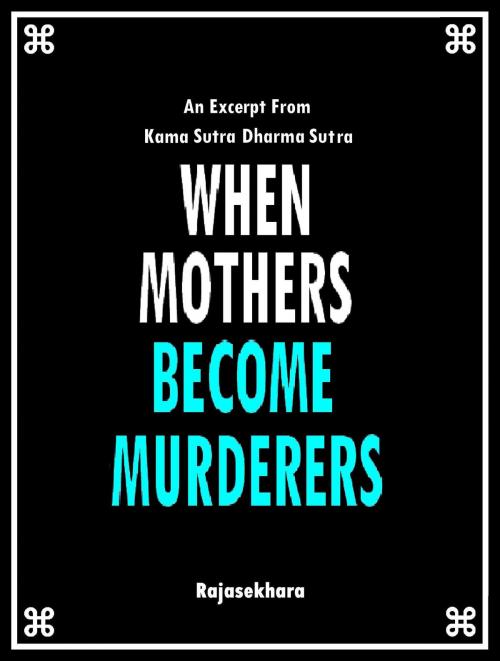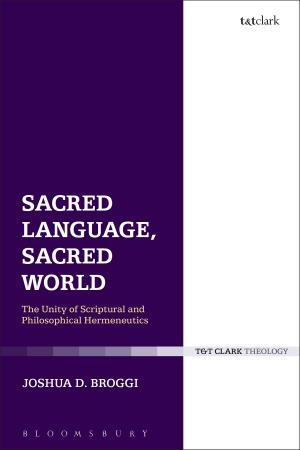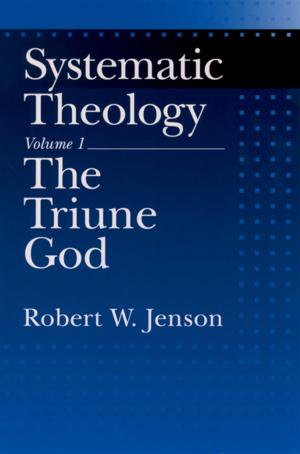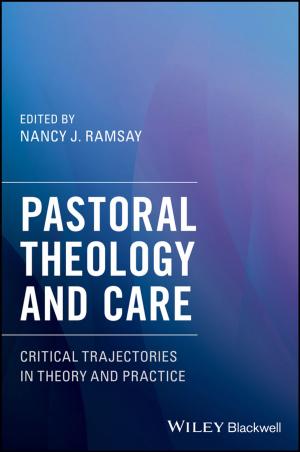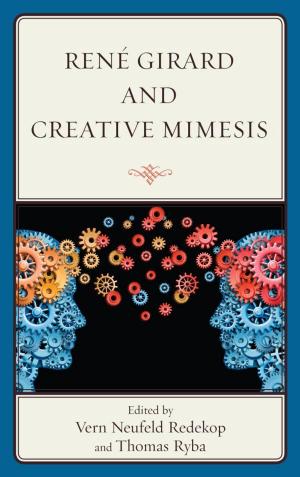| Author: | Rajasekhara | ISBN: | 9781311829290 |
| Publisher: | Rajasekhara | Publication: | June 7, 2015 |
| Imprint: | Smashwords Edition | Language: | English |
| Author: | Rajasekhara |
| ISBN: | 9781311829290 |
| Publisher: | Rajasekhara |
| Publication: | June 7, 2015 |
| Imprint: | Smashwords Edition |
| Language: | English |
The Vedas say that abortion, or the killing of the embryo is the most evil of all sins and is reprehensible. Every religion in the world forbids killing, including the killing of unwanted children. The Biblical commandment says. “Thou shalt not kill.” This verse refers to all life including the embryo within the womb as well as the merciless killing of animals for food. The above verse from the Vedic scriptures specifically states ‘killing of an embryo’. This is very clear and beyond any doubt, the embryo is alive and should not be killed. Something can only be killed if it’s alive. In Vedic culture, the priestly brahmanas, the sacred cow revered as a mother, the embryo of an unborn human being, should never be killed under any circumstances, as it is the most heinous crime to kill those who are innocent and unprotected.
The Shrimad Bhagavatam gives a vivid description of the spirit-soul’s life within the womb, including the various stages in the development of the fetus during the nine months before its birth. These descriptions recorded more than five thousand years ago have been proven to be accurate by modern medical science. Consequently, when the Vedas say that the soul enters the womb through the semen of the male at the time of copulation; this observation must also be accepted as a scientific fact. Based on the simple logic, if there are a number of verses containing knowledge of life within the womb, which through medical science using modern technology has been proven correct, then the verse in the same saying that the soul also enters the womb through the male’s semen at conception, must also be accepted as correct.
The Vedas say that abortion, or the killing of the embryo is the most evil of all sins and is reprehensible. Every religion in the world forbids killing, including the killing of unwanted children. The Biblical commandment says. “Thou shalt not kill.” This verse refers to all life including the embryo within the womb as well as the merciless killing of animals for food. The above verse from the Vedic scriptures specifically states ‘killing of an embryo’. This is very clear and beyond any doubt, the embryo is alive and should not be killed. Something can only be killed if it’s alive. In Vedic culture, the priestly brahmanas, the sacred cow revered as a mother, the embryo of an unborn human being, should never be killed under any circumstances, as it is the most heinous crime to kill those who are innocent and unprotected.
The Shrimad Bhagavatam gives a vivid description of the spirit-soul’s life within the womb, including the various stages in the development of the fetus during the nine months before its birth. These descriptions recorded more than five thousand years ago have been proven to be accurate by modern medical science. Consequently, when the Vedas say that the soul enters the womb through the semen of the male at the time of copulation; this observation must also be accepted as a scientific fact. Based on the simple logic, if there are a number of verses containing knowledge of life within the womb, which through medical science using modern technology has been proven correct, then the verse in the same saying that the soul also enters the womb through the male’s semen at conception, must also be accepted as correct.
